Brittle hair and nails, dry and pale skin, increased irritability, frequent colds - these are not all the consequences of spring beriberi. This condition is a consequence of the spring hormonal changes in the body, lack of vitamins and sunlight, inherited from the winter period. And even if you regularly ate vegetables and fruits in winter, then do not forget: most of them were grown in greenhouse conditions, and they contain much less nutrients than those grown in the garden.
Here are the top 10 tips on how to quickly bring the body back to normal, saturate it with essential vitamins and minerals, and get rid of spring vitamin deficiency.
Before taking any of the vitamins listed in our rating, or giving them to children, be sure to consult with your doctor about the dosage and appropriateness of use.
10. Vitamin D
- The norm for an adult is 5 mcg or 400-600 IU per day.
- The norm for children is 200 - 400 IU per day, depending on age.
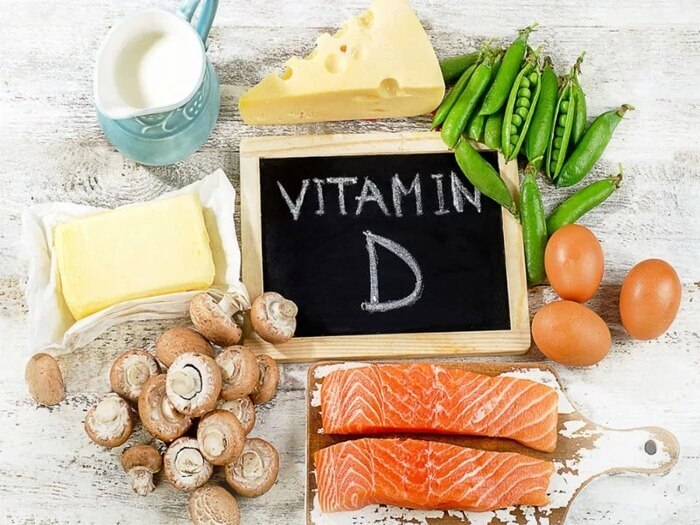 As the days got shorter in the winter and the nights were longer, it seems that we hardly saw any sunlight. Therefore, for those who, during the winter period, were a little outdoors and a lot indoors, a deficiency of vitamin D (aka calciferol) is inevitable. This vitamin, essential for cell growth, bone, nervous and immune systems, is produced when the body is exposed to sunlight. This is why getting out in the sun (when the weather permits) is vital during the spring. Alternatively, if your lifestyle does not involve daily walks, you can take calciferol in liquid form or as part of a multivitamin.
As the days got shorter in the winter and the nights were longer, it seems that we hardly saw any sunlight. Therefore, for those who, during the winter period, were a little outdoors and a lot indoors, a deficiency of vitamin D (aka calciferol) is inevitable. This vitamin, essential for cell growth, bone, nervous and immune systems, is produced when the body is exposed to sunlight. This is why getting out in the sun (when the weather permits) is vital during the spring. Alternatively, if your lifestyle does not involve daily walks, you can take calciferol in liquid form or as part of a multivitamin.
This substance is found in sardines, salmon and other types of oily fish, egg white, cheese, butter, milk and fish oil.
9. Omega 3
- The norm for an adult is 0.8-1.6 grams per day.
- The norm for children is 0.8-1% g per day, depending on age.
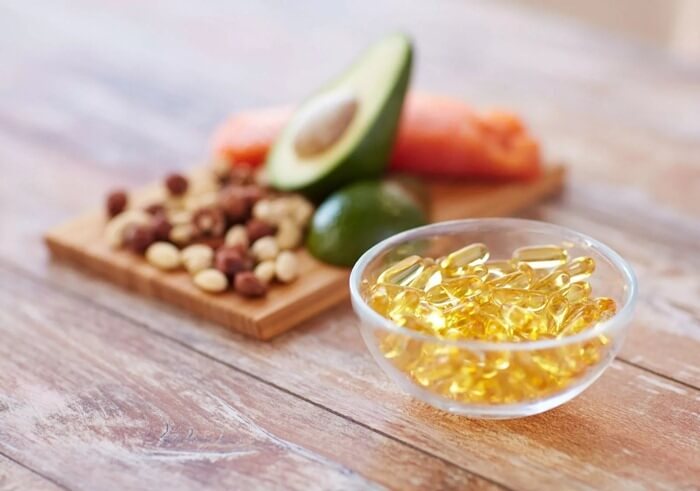 Various surveys have shown that Eskimos of Greenland and Scandinavians, whose diet was dominated by the fats of marine fish and mammals, were less likely to get diabetes, heart disease and some types of cancer. As a result of studies carried out by Danish scientists Hans Olaf Bang and Jorn Dyerberg, two fatty acids were isolated from the blood of Eskimos - eicosapentaenoic and docosaxenoic. So research began on the benefits of Omega-3.
Various surveys have shown that Eskimos of Greenland and Scandinavians, whose diet was dominated by the fats of marine fish and mammals, were less likely to get diabetes, heart disease and some types of cancer. As a result of studies carried out by Danish scientists Hans Olaf Bang and Jorn Dyerberg, two fatty acids were isolated from the blood of Eskimos - eicosapentaenoic and docosaxenoic. So research began on the benefits of Omega-3.
In the spring, taking Omega-3s helps fight depression, relieve itching and dry skin and brittle hair.
Polyunsaturated fatty acids are found in wild salmon, sardines, cod, cod liver oil, and flax seeds.
8. Zinc
- The norm for an adult is 15-20 mg per day.
- The norm for children is from 2 to 11 mg per day, depending on age.
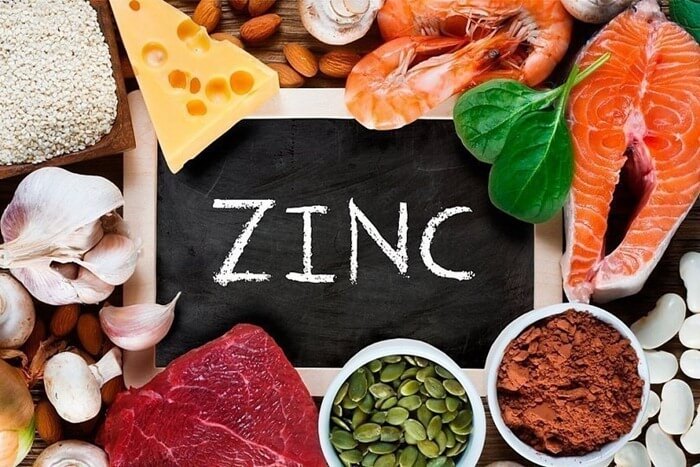 Zinc is essential for maintaining immunity, accelerates healing processes, protects skin, hair and nails from fragility, and helps fight stress. Men also need zinc for prostate health.
Zinc is essential for maintaining immunity, accelerates healing processes, protects skin, hair and nails from fragility, and helps fight stress. Men also need zinc for prostate health.
It is found in: oysters, sesame seeds, pumpkin seeds, dark chocolate, peanuts, lamb, beef, chicken hearts, ginger root and a variety of nuts (pecans, Brazilian, cashews, etc.).
7. Calcium
- The norm for an adult is 800 - 1250 mg per day.
- The norm for children is from 100 to 280 mg per day, depending on age.
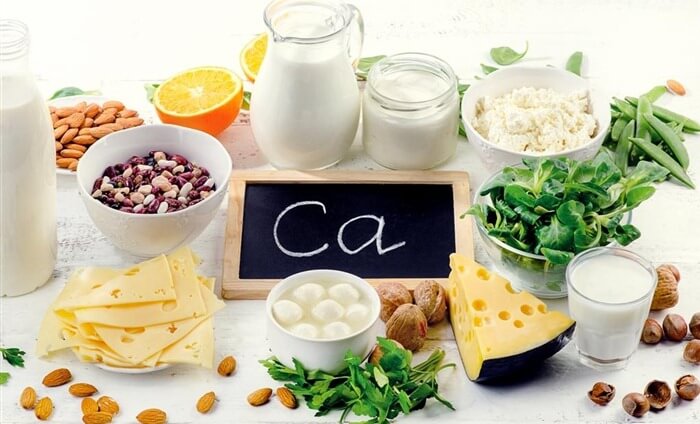 In seventh place in the ranking of substances useful for spring vitamin deficiency, there is a mineral that is vital for bones and the prevention of osteoporosis.
In seventh place in the ranking of substances useful for spring vitamin deficiency, there is a mineral that is vital for bones and the prevention of osteoporosis.
The elderly are most vulnerable if they don't get enough of this mineral, but everyone needs calcium, especially if they are still growing.
You don't need to consume synthetic calcium, as it is very abundant in dairy products, broccoli, sardines, tofu, leafy green vegetables and legumes.
6. Folic acid
- The norm for an adult is 200 mcg per day.
- The norm for children is from 25 to 200 mcg per day, depending on age.
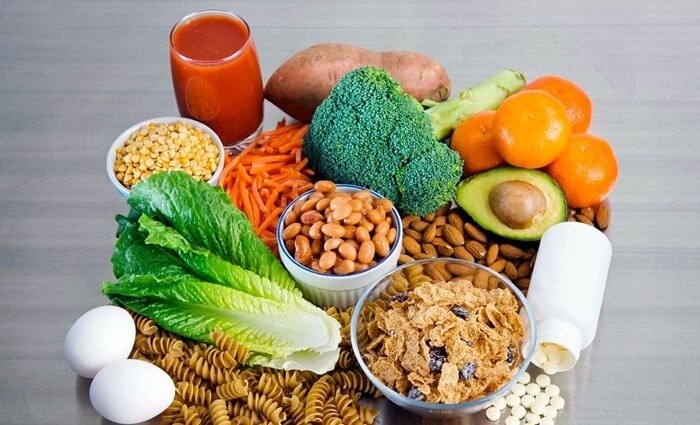 This acid, also known as folate or vitamin B9, is an honorary member of the B vitamin family.
This acid, also known as folate or vitamin B9, is an honorary member of the B vitamin family.
While folic acid is especially needed by pregnant women to prevent neural tube defects in the fetus, it is also useful for the body during the spring months.
This vitamin is primarily responsible for the creation of red blood cells. With a small number of red blood cells, people can develop anemia, which means that the brain does not receive enough oxygen. In this case, symptoms such as weakness, absent-mindedness and fatigue will appear, and the face will acquire a kind of aristocratic pallor, which ladies were proud of in the Victorian era.
Vitamin B9 can be obtained by eating oranges, legumes and red meats, as well as foods containing whole grains.
5. Complex of B vitamins
- The norm for an adult is from 1.1 mg to 16 mg per day, depending on the vitamin.
- The norm for children is from 0.4 to 15 mg per day, depending on the age and type of vitamin.
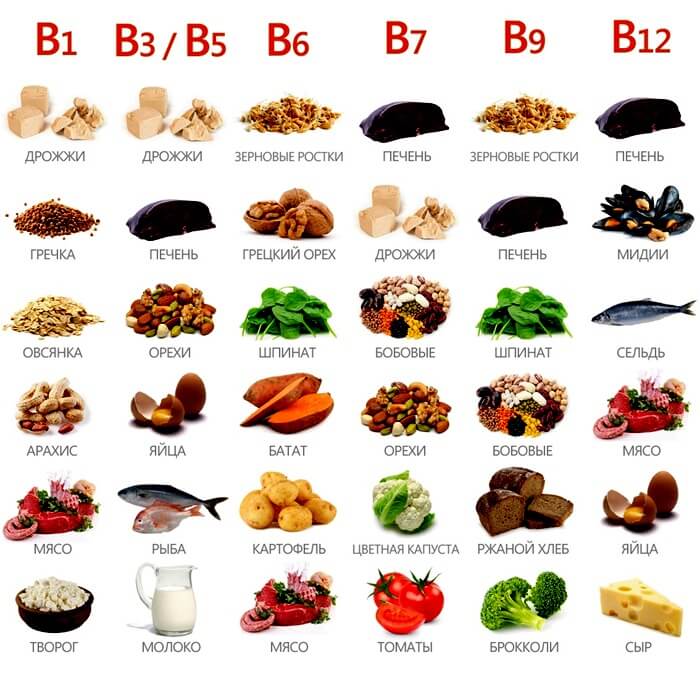 The B vitamins known as thiamin (B1), riboflavin (B2), niacin (B3), pantothenic acid (B5), pyridoxine (B6), biotin (B7), and cobalamin (B12) are needed for many functions in the body. These vitamins are vital for maintaining mental health and physical endurance as they fuel the adrenal glands, which are responsible for high and low energy levels.
The B vitamins known as thiamin (B1), riboflavin (B2), niacin (B3), pantothenic acid (B5), pyridoxine (B6), biotin (B7), and cobalamin (B12) are needed for many functions in the body. These vitamins are vital for maintaining mental health and physical endurance as they fuel the adrenal glands, which are responsible for high and low energy levels.
Have you ever felt depressed or annoyed for no reason? Perhaps this is because you do not have enough B vitamins. And without them, hair and nails become dull and brittle, the skin often itches and flakes.
What you need to eat to make up for them: red meat, egg yolks, poultry, seafood, dark leafy green vegetables and berries.
4. Water
- The norm for an adult is 2.5 liters per day.
- The norm for children is from 200 ml to 1.7 liters, depending on the age of the child.
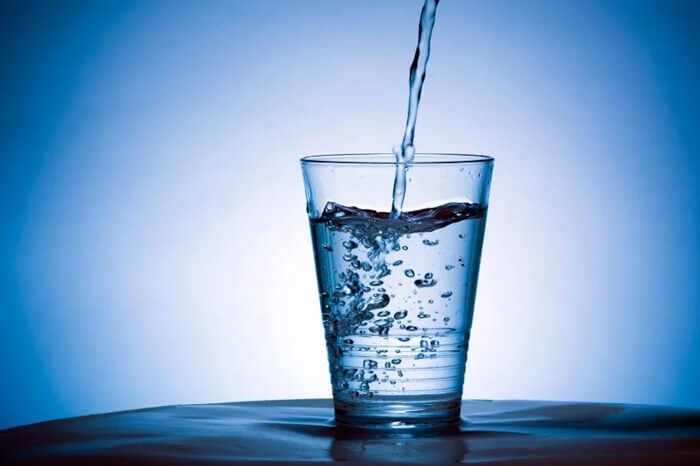 The human body does not live with vitamins alone. Lack of water in the body is one of the reasons for increased fatigue. Just drink more still water, fresh juices, unsweetened teas, or herbal drinks in the spring. But alcohol and caffeinated drinks retain fluid in the body, so they can contribute to the occurrence of swelling of the hands and feet.
The human body does not live with vitamins alone. Lack of water in the body is one of the reasons for increased fatigue. Just drink more still water, fresh juices, unsweetened teas, or herbal drinks in the spring. But alcohol and caffeinated drinks retain fluid in the body, so they can contribute to the occurrence of swelling of the hands and feet.
3. Magnesium
- The norm for an adult is 310-400 mg per day.
- The norm for children is from 80 to 200 mg, depending on the age of the child.
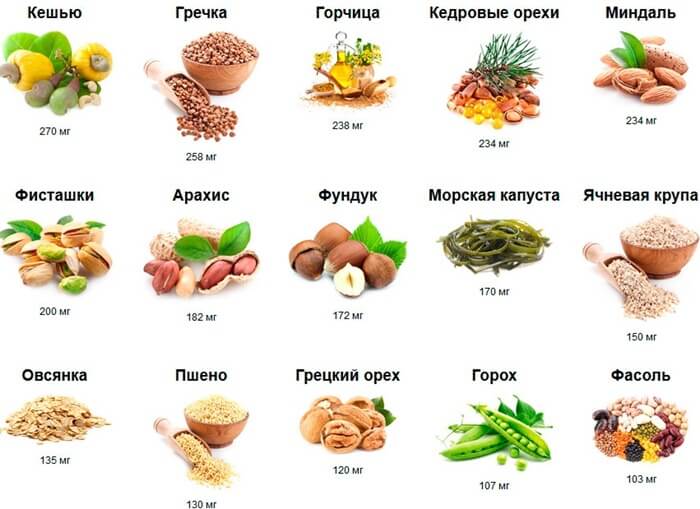 While calcium mainly contributes to the strengthening of bones, magnesium is essential for the normal functioning of muscles and nerves. According to statistics, a deficiency of this mineral is observed in 80% of people, therefore, daily magnesium intake, especially during the spring beriberi, is mandatory.
While calcium mainly contributes to the strengthening of bones, magnesium is essential for the normal functioning of muscles and nerves. According to statistics, a deficiency of this mineral is observed in 80% of people, therefore, daily magnesium intake, especially during the spring beriberi, is mandatory.
Magnesium affects everything from blood pressure, sugar regulation and energy production to neuromuscular arousal.
If you are experiencing muscle aches, spring blues, sleep problems, or are constantly under stress, the problem may be due to magnesium deficiency.
One of the best ways to get rid of spring deficiency is to eat more magnesium-rich foods. These include spinach, dark chocolate, pumpkin seeds, almonds, yogurt and avocado.
2. Potassium
- The norm for an adult is 4700 mg per day.
- The norm for children is from 400 to 4700 mg, depending on the age of the child.
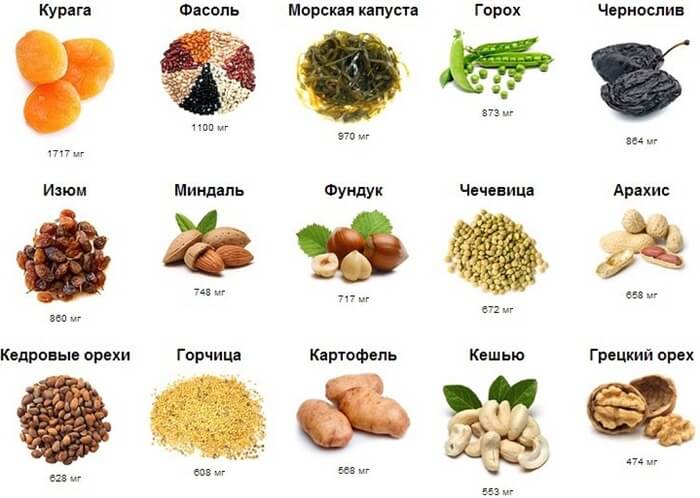 Most people around the world never get enough potassium for their daily work.It is arguably the most important electrolyte that the human body needs to fuel every day.
Most people around the world never get enough potassium for their daily work.It is arguably the most important electrolyte that the human body needs to fuel every day.
Potassium is responsible for helping muscles relax and contract. In addition, potassium provides the body with a tremendous amount of energy by helping metabolism and nourishing cells.
Potassium is found in: cantaloupe melon, bananas, dairy products, potatoes, avocados, beans, and dried fruits.
1. Vitamin C
- The norm for an adult is 70-100 mg per day.
- The norm for children is from 30 to 60 mg, depending on the age of the child.
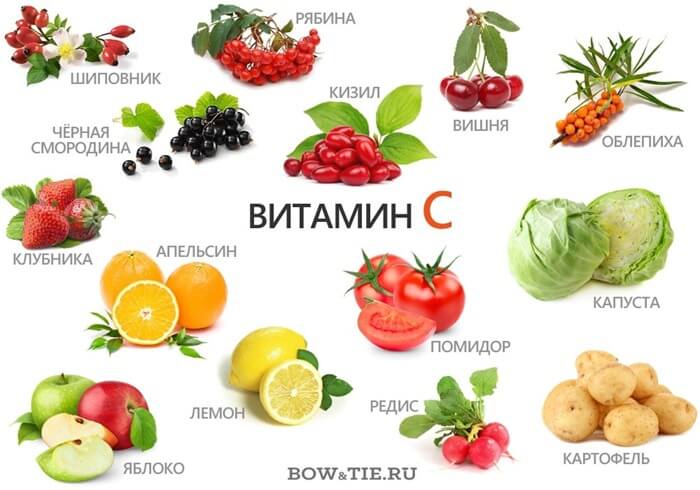 This water-soluble organic substance, whose second name is ascorbic acid, acts as a powerful antioxidant. Those who do not have enough vitamin C suffer from fever, bleeding gums and fatigue, they may bruise slightly, and wounds heal more slowly.
This water-soluble organic substance, whose second name is ascorbic acid, acts as a powerful antioxidant. Those who do not have enough vitamin C suffer from fever, bleeding gums and fatigue, they may bruise slightly, and wounds heal more slowly.
Vitamin C provides powerful support for immune function, promotes the absorption of iron and is essential for the synthesis of collagen, the basis of the body's connective tissue.
In early spring, during the flu and cold season, vitamin C is a lifeline that nature itself throws to humans.
Ascorbic acid can be obtained from: broccoli, citrus fruits, bell peppers, kiwi, Brussels sprouts, parsley, peas, apples, and cauliflower.
In short, nuts, fatty fish, leafy greens, legumes, and citrus fruits are your best friends in spring beriberi. And be healthy!

